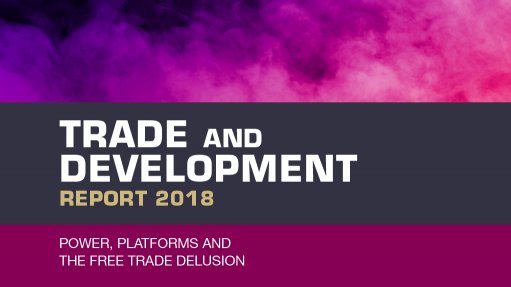
The world economy is again under stress. The immediate pressures are building around escalating tariffs and volatile financial flows but behind these threats to global stability is a wider failure, since 2008, to address the inequities and imbalances of our hyperglobalized world.
The growing mountain of debt, more than three times the size of global output, is symbolic of that failure. While the public sector in advanced economies has been obliged to borrow more since the crisis, it is the rapid growth of private indebtedness, particularly in the corporate sector, which needs to be monitored closely; this has, in the past, been a harbinger of crisis.
The growing indebtedness observed globally is closely linked to rising inequality. The two have been connected by the growing weight and influence of financial markets, a defining feature of hyperglobalization. Banks becoming too big to fail came to epitomize the reckless neglect of regulators prior to the crisis. But the ability of financial institutions to rig markets has survived the early rush of reform in the aftermath of the crisis and efforts are underway to push back even on the limited regulations that have been put in place.
Asymmetric power is not unique to financial markets; the global trade landscape is also dominated by big players. The ability of lead firms in global production networks to capture more of the value added has led to unequal trading relations even as developing countries have deepened their participation in global trade.
The digital world has bucked the gloomier post-crisis trend and is opening up new growth opportunities for developing countries. But the worrying spirit of monopoly risks distorting outcomes. Getting to grips with the policy and regulatory challenges this poses must be an integral part of rebalancing the global economy.
All these old and new pressures are weighing down on multilateralism. In our interdependent world, inward looking solutions do not offer a way forward; the challenge is to find ways to make multilateralism work for all and for the health of the planet. There is much to be done.
Report by Unctad